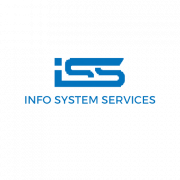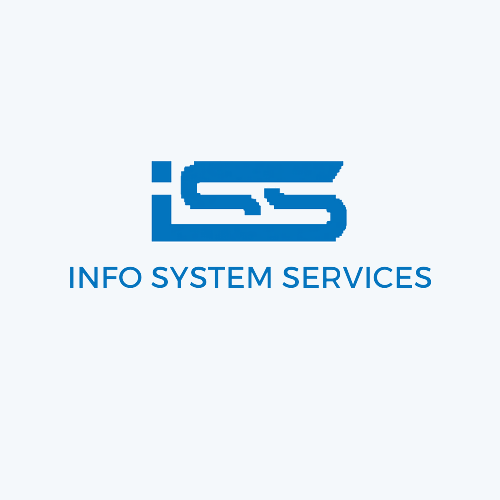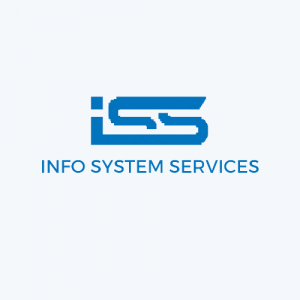DELL PEM610 – PowerEdge M610 CTO Ask for custom qoute
₹5,418.00
DELL PowerEdge pem610. Processor family: Intel® Xeon® 5000 Sequence, Processor frequency: 1.6 GHz, Processor model: E5603. Internal memory: 4 GB, Internal memory type: DDR3-SDRAM, Memory layout (slots x size): 2 x 2 GB. Total storage capacity: 146 GB, HDD size: 2.5″, HDD interface: Serial Attached SCSI (SAS). Ethernet LAN, Cabling technology: 10/100/1000Base-T(X). Chassis type: BladeDell PowerEdge M610
The PowerEdge™ M610 is an Intel® processor-based 2-socket, half-height blade server built for virtualization, mainstream business applications and front-end database workloads.
Designed for Power Efficiency
The Dell™ PowerEdge™ M1000e blade enclosure with the M610 delivers exceptional performance per watt. The M1000e enclosure takes advantage of thermal design efficiencies, such as ultraefficient power supplies, dynamic power-efficient fans and optimized airflow design that can efficiently cool the chassis to enable exceptional performance in a lower power envelope.
The Intel® Xeon® processor series is designed to adapt in real time to your software, enabling multiple tasks to be done simultaneously while boosting performance with Intel® Turbo Boost Technology as business usage demands it most. It proactively puts your server into lower power states using Intel® Intelligent Power Technology during periods of low demand, helping reduce operating costs.
This dynamic power management technology allows you to set high/low power thresholds to enable efficient energy management.
Increased Memory Capacity for I/O Intensive Applications
The M610 is designed with 50 percent more memory capacity than the previous generation M600, a critical component to virtualization and database performance.
New Double Data Rate 3 (DDR3) memory offers higher bandwidth and lower power consumption than previous FBD or Double Data Rate 2 (DDR2) RAM technologies. The increased memory slots allow you to use smaller, less expensive dual in-line memory modules (DIMMs) that meet your computing needs and increase your savings.
Virtualization Performance
The Dell™ PowerEdge™ M610 allows for quick virtualization deployment with embedded hypervisors from world-class vendors using a Secure Digital (SD) card or internal USB. Intel® VT FlexMigration integrates multiple generations of Intel® Xeon® processor-based servers, improving flexibility and investment protection. The M610’s enhanced memory capacity is crucial for virtualization performance while lower-cost memory configurations can help balance cost.
Simplified Systems Management
The next generation Dell OpenManage™ suite offers enhanced operations and standards-based commands designed to integrate with existing systems for effective control.
The new Dell Management Console, powered by Altiris from Symantec, delivers a single view and a common data source into the entire infrastructure. Dell Management Console is built on the Symantec™ Management Platform (formerly Altiris® Notification Server), an easily extensible, modular foundation that can provide basic hardware management or more advanced functions such as asset and security management. Dell Management Console helps reduce or eliminate manual processes so less time and money is spent keeping the lights on and more time can be spent on strategic uses of technology.
Lifecycle Controller is the engine for advanced systems management integrated on the server. Lifecycle Controller simplifies administrator tasks to perform a complete set of provisioning functions such as system deployment, system updates, hardware configuration and diagnostics from a single intuitive interface called Unified Server Configurator (USC) in a pre-OS environment. This eliminates the need to use and maintain multiple pieces of disparate CD/DVD media.
The Dell USC delivers a single access point for secure, efficient and user-friendly infrastructure management. Embedded and integrated into the system, it provides quick and consistent access, excellent flexibility and advanced capabilities. With built-in driver installations, firmware updates, hardware configuration and diagnostics, the USC tool is a one-stop shop for operating system deployment.


